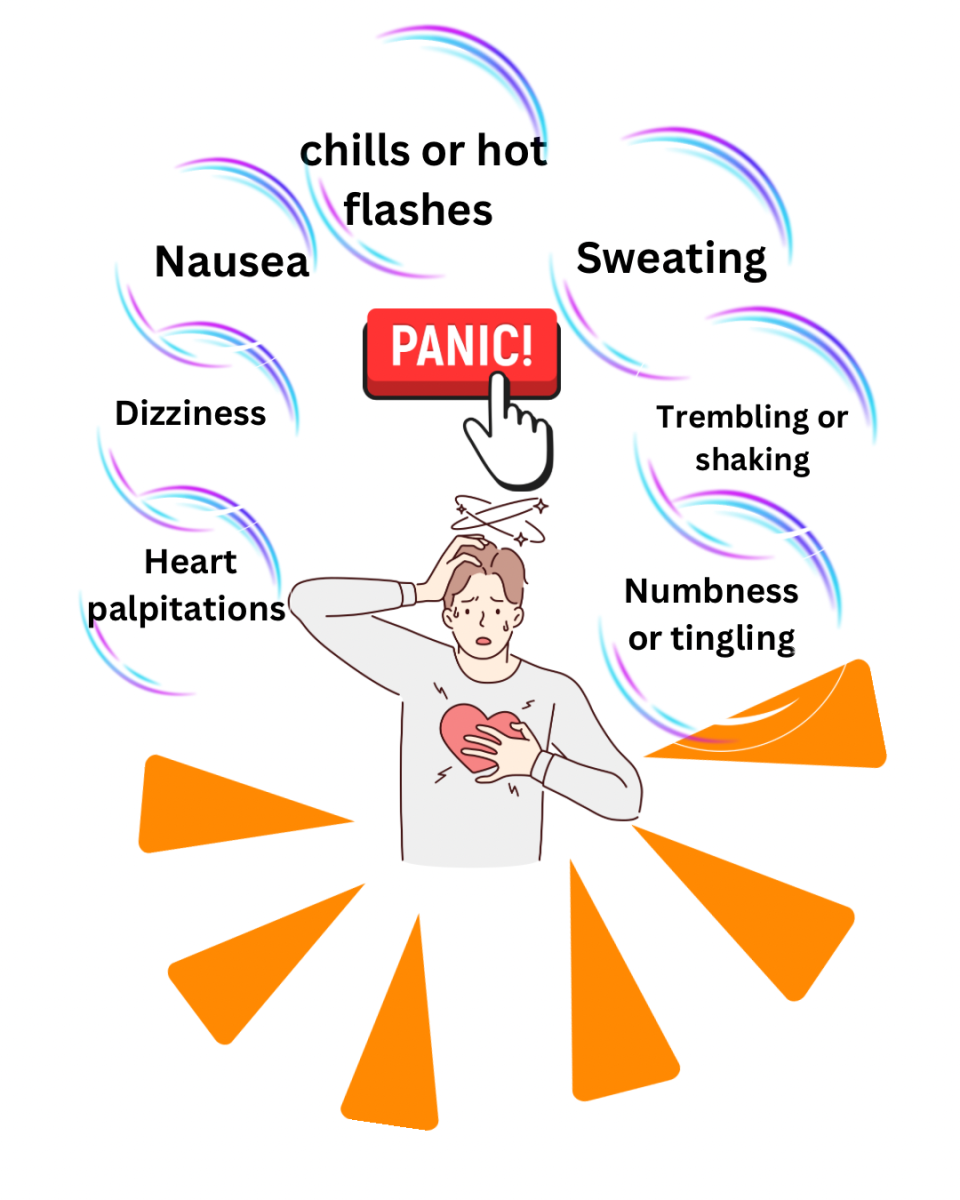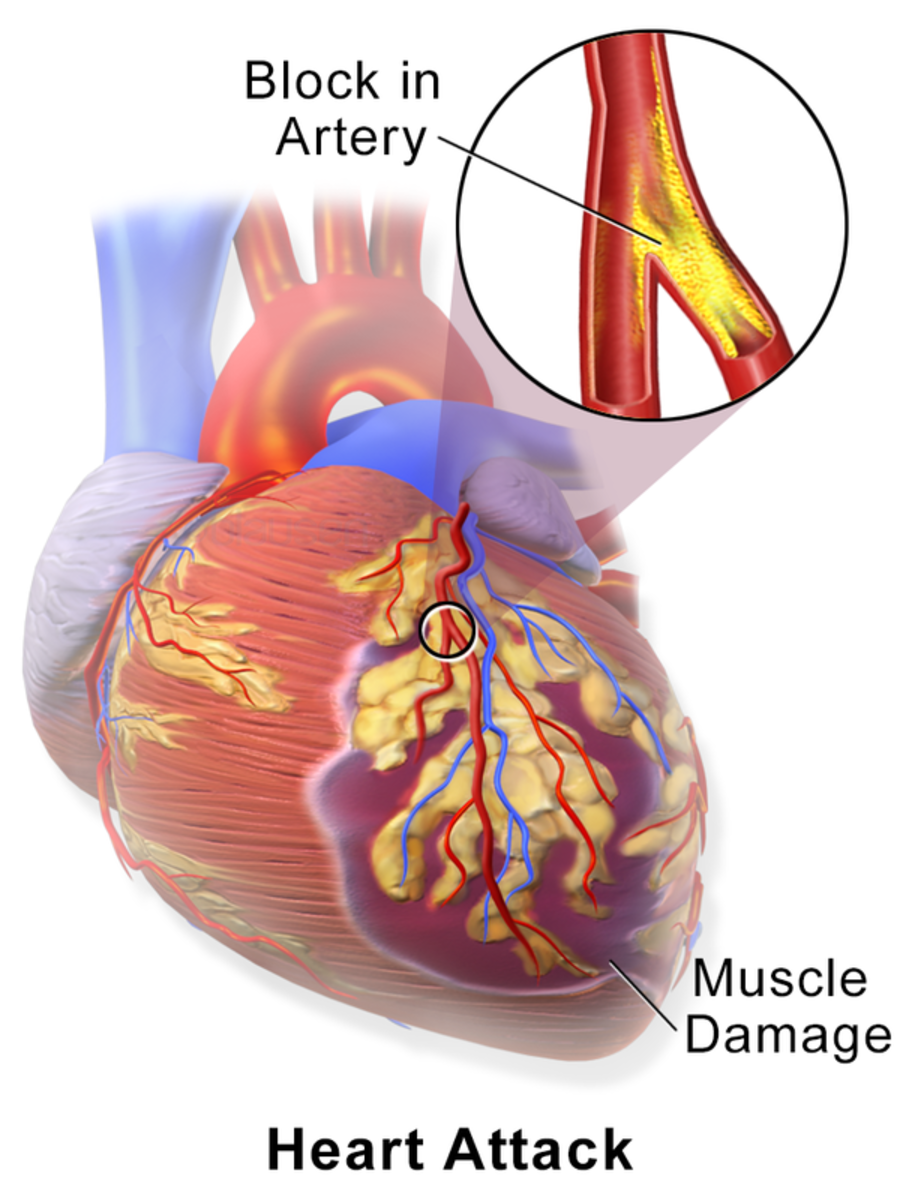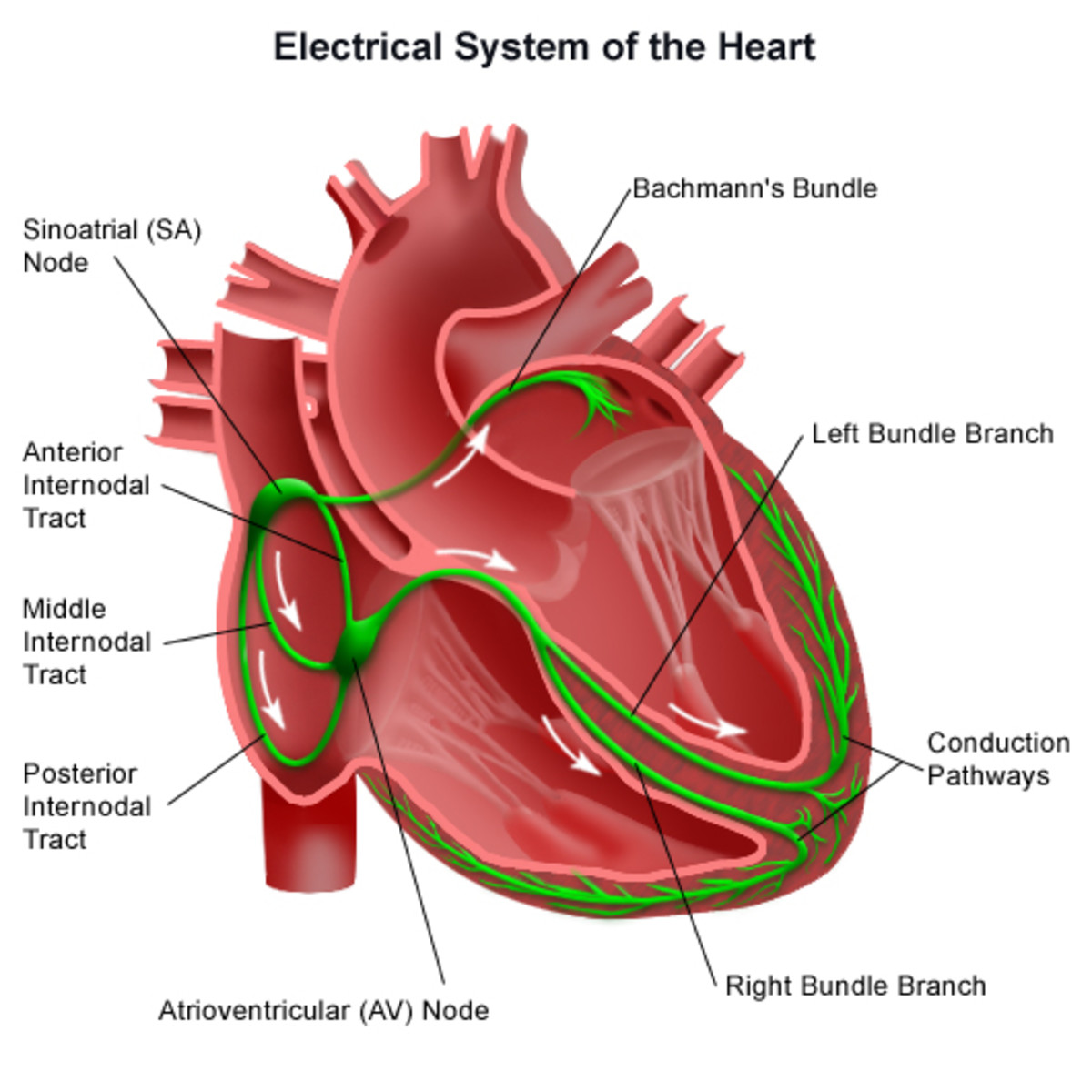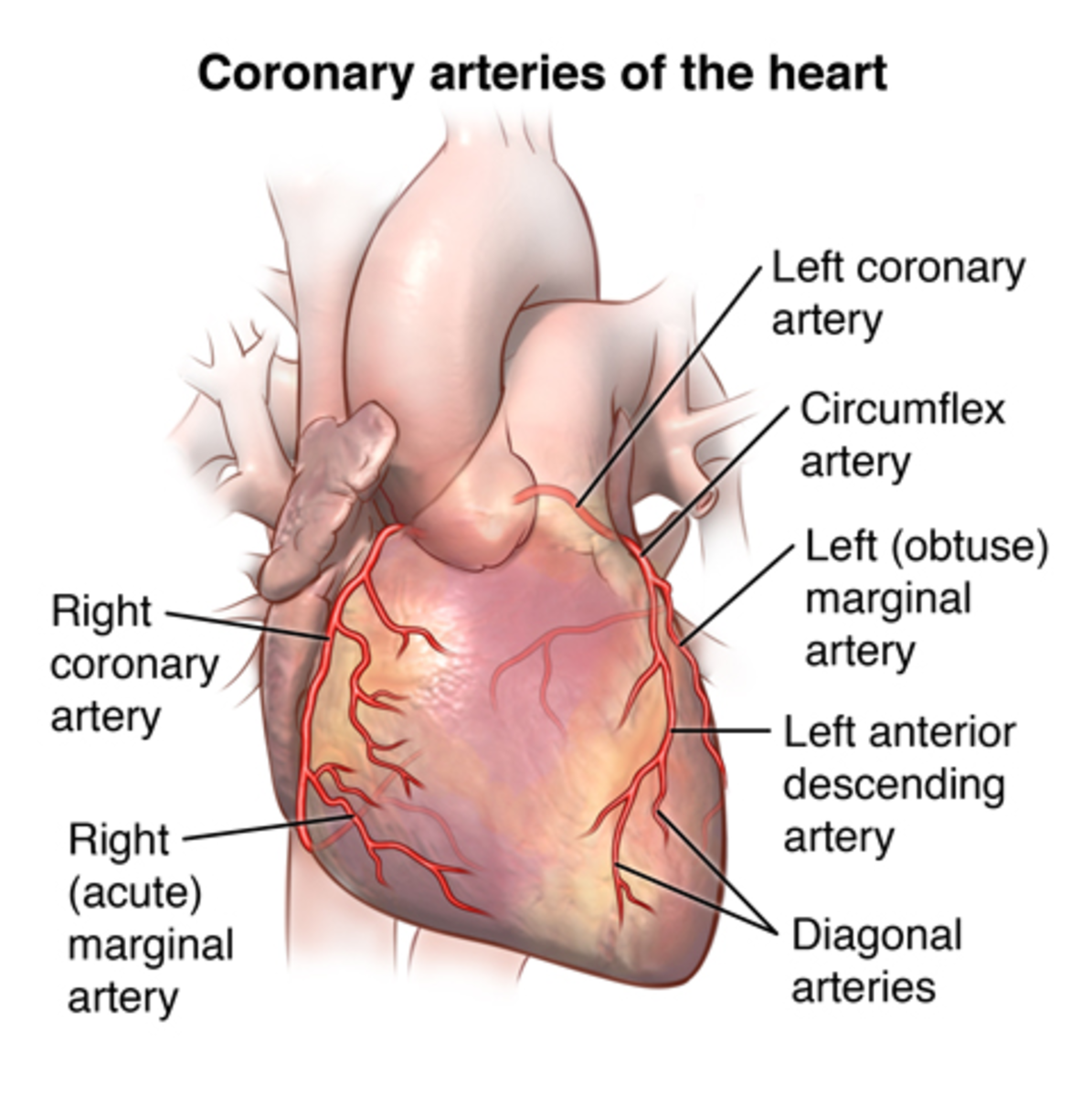Guidelines on Preventing A Repeat Heart Attack
The biggest problem for anyone who has had a heart attack is how to prevent the next one. This has been extensively covered by many RCTs, the results of which have been reviewed in Clinical Evidence. The guidelines run as follows.
'Antiplatelet' treatment, the main one of which is aspirin, 'produces substantial reductions in the risk of serious vascular events' - meaning episodes of unstable angina, heart attacks and strokes. The recommended dose of aspirin is 75 mg per day (a quarter of a standard aspirin), which is as effective as higher doses. In the very few people who are allergic to aspirin, clopidogrel is a safe and effective alternative. Adding anticoagulants gives no advantage over aspirin alone.
The guidelines also recommend betablockers and ACE inhibitors. RCTs have shown that betablockers reduce sudden death rates and death rates from another heart attack in people who have had at least one heart attack before. They also reduce the rate of repeat non-fatal heart attacks.
ACE inhibitors are recommended especially for people with a poorly functioning heart muscle after a heart attack (the medical term for this is left ventricular dysfunction). They help by lowering death rates and the numbers of admissions to hospital for heart failure and for a repeat heart attack. Whether ACE inhibitors should be given to people who have normal heart function after a heart attack is not yet proved.
On the other hand, the guidelines state that many 'anti-arrhythmic' drugs may actually increase the risk of sudden death after heart attack, and advises against them, except in special circumstances. Short-acting calcium channel blockers (those that have to be taken more often than once a day) are not recommended after heart attacks.
In women, although hormone replacement therapy seems to reduce the risks of repeated heart attacks, there is no evidence from the single large RCT that has been published that it actually does so.
Cholesterol lowering with statins, the guidelines state, 'substantially reduces the risk of cardiovascular mortality and morbidity, with no increase in non-cardiovascular mortality'.
Although there is no direct evidence that lowering blood pressure in people with established coronary disease prevents further heart attacks, the guidelines state that the evidence in people with no previous heart 'events' support the need to lower their blood pressure in those at high risk of them. The best evidence for this so far is when betablockers have been used.
- Guidelines on Heart Attacks
To take a heart attack - a myocardial infarction - first. If you suspect a heart attack, then it is vital to take a whole aspirin tablet immediately. Chew it, then swallow it. There is good evidence that... - Exercises to Make Your Heart Fit
How do you start to get your heart to be fitter? The principle is always to start slowly. If you have spent the last twenty or more years behind a desk, or the wheel of a car, or slumped in the armchair at...








